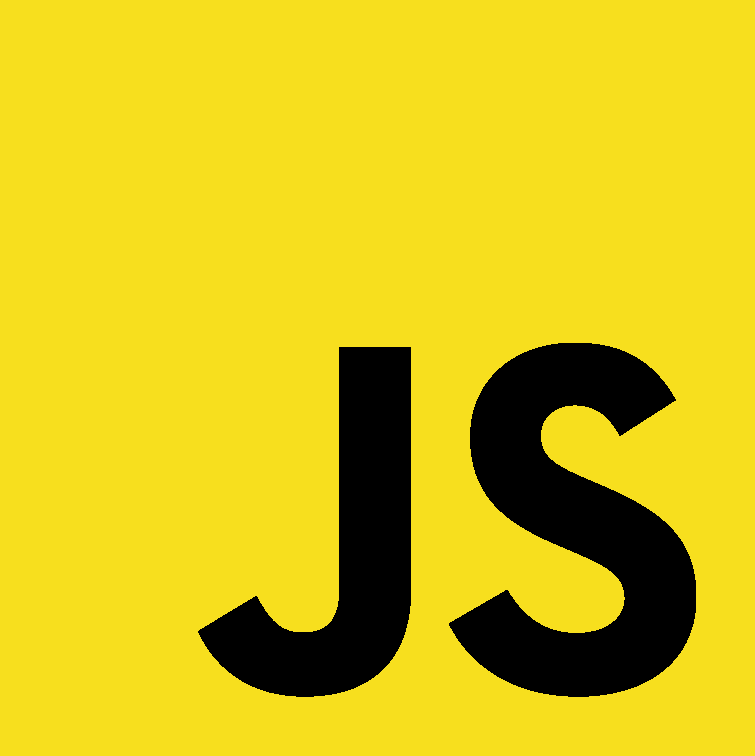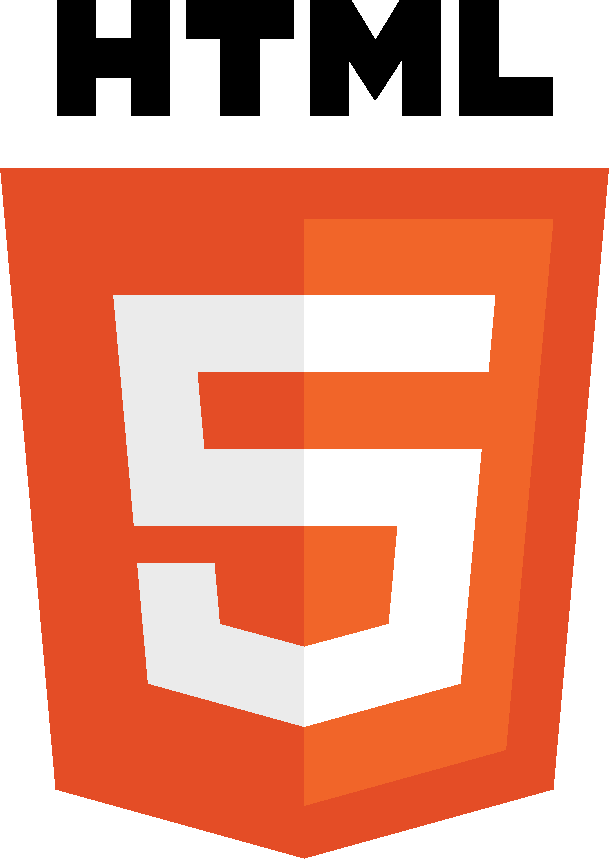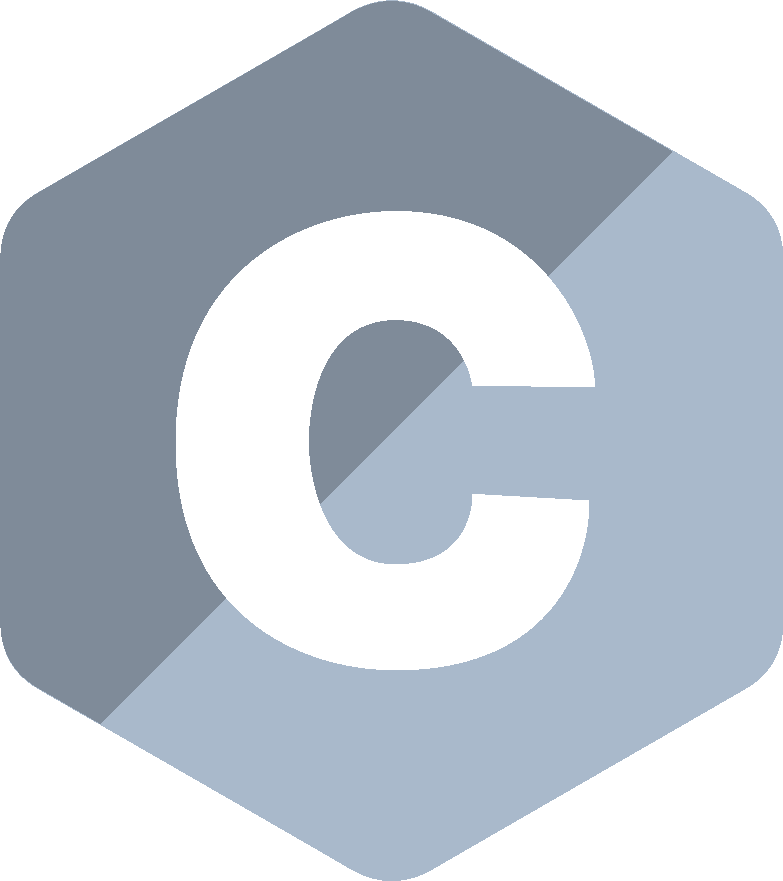
Would you like to complement your language skillset with languages such as Python, Java, C++ or Dart?
They’re a bit different from other foreign languages we are more familiar with. Learning different programming languages is useful in many situations; whether you want to make programming a career for yourself or just develop your programming mindset and thus your understanding of the modern technology that is affecting us through out surroundings.
But which programming language is worth learning? When choosing the language that suits you, you can at least consider the following points:
- Your own learning goals
- Learning preferences (independent study or face-to-face learning)
- Ease of syntax, i.e. ease of writing the language
- Needs and prevalence in working life
You can learn different programming languages on university courses free of charge through FITech Network University.
Below you can find all the different programming languages offered through FITech.













